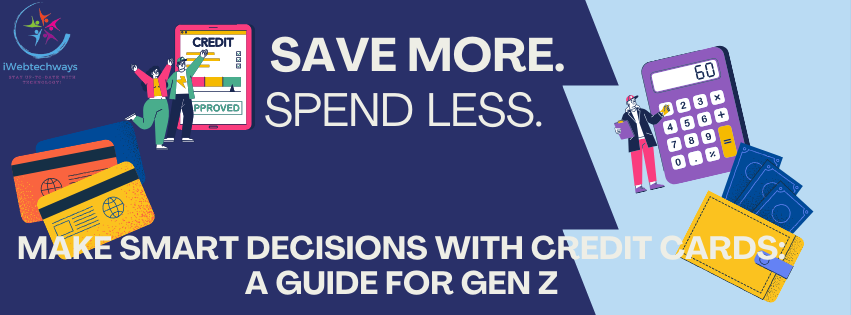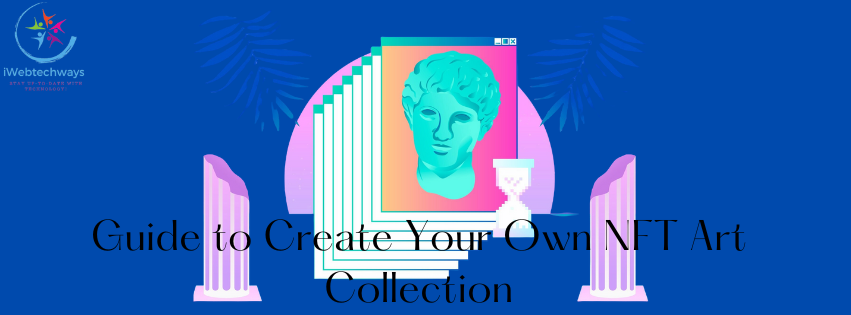Credit cards are an essential tool in modern finance, offering convenience, rewards, and the ability to build a credit history. However, for many in Generation Z (those born between 1997 and 2012), credit cards can also be a source of confusion and financial mismanagement. Many Gen Zers are just beginning their financial journeys, and credit cards can be intimidating if not handled properly. In this guide, we’ll break down how to make smart decisions with credit cards, helping you build good financial habits from the start.
1. Understand the Basics of Credit Cards
Before diving into how to use credit cards wisely, it’s crucial to understand how they work. When you use a credit card, you’re borrowing money from the card issuer to make purchases. At the end of each billing cycle, you’re required to pay back the amount you spent, either in full or over time. If you don’t pay the full balance, the remaining amount will accrue interest, typically at high rates.
Credit cards can be a powerful financial tool, but they require responsible use to avoid debt traps. Key concepts you should be familiar with include:
- Credit Limit: This is the maximum amount you can borrow on your credit card. It’s important not to exceed this limit, as doing so can lead to fees and a negative impact on your credit score.
- APR (Annual Percentage Rate): The interest rate you’ll pay if you carry a balance beyond the due date. High APRs are common with credit cards, so it’s crucial to pay your balance in full to avoid unnecessary charges.
- Credit Utilization: This refers to the percentage of your credit limit that you’re using. A lower utilization rate (ideally below 30%) can help boost your credit score.
- Rewards and Benefits: Many credit cards offer rewards like cash back, points, or travel miles. However, you should never overspend just to earn rewards, as interest charges can quickly negate the benefits.
2. Choose the Right Credit Card for Your Needs
One of the first decisions you’ll need to make is selecting the right credit card. Not all credit cards are created equal, and the right one for you will depend on your spending habits and financial goals. Here are some factors to consider when choosing a card:
- Rewards Programs: Some cards offer rewards on purchases, such as cash back, travel points, or discounts on specific categories like groceries or gas. If you plan to use your card for everyday purchases, a card with a rewards program could benefit you.
- Student Credit Cards: Many banks and credit unions offer student credit cards with lower credit limits and easier approval requirements. These are ideal if you’re new to credit cards and want to start building a credit history.
- Low APR and Fees: If you’re likely to carry a balance, a card with a low APR can help you save on interest charges. Additionally, check for cards with no annual fees or low fees for late payments.
- Credit Score Requirements: Some credit cards are designed for those with good or excellent credit. If you’re just starting out, you may want to consider a secured credit card or a card with a lower credit score requirement.
3. Use Your Credit Card Responsibly
Once you’ve chosen your card, it’s important to use it wisely. Here are some smart strategies to follow:
- Pay Your Balance in Full Each Month: To avoid interest charges and stay debt-free, always try to pay your credit card balance in full by the due date. If you can’t, make at least the minimum payment to avoid late fees, but know that carrying a balance will result in interest.
- Set Up Alerts and Reminders: Many credit cards offer mobile apps and email alerts to help you track spending and payment due dates. Setting up reminders ensures you never miss a payment, which is crucial for maintaining a healthy credit score.
- Track Your Spending: It’s easy to get carried away with spending on a credit card, but it’s important to track your expenses. Use budgeting apps or your bank’s tools to keep an eye on your spending habits and avoid exceeding your budget.
- Avoid Unnecessary Debt: Credit cards should be used for convenience, not as a way to finance purchases you can’t afford. If you find yourself relying on credit to buy things you don’t need, it’s time to reassess your spending habits.
4. Build Your Credit History Early
One of the greatest benefits of using credit cards responsibly is the opportunity to build your credit score. Your credit score plays a significant role in your financial future, affecting your ability to secure loans, rent an apartment, or even get a job. Here’s how to use your credit card to build your credit:
- Make Payments on Time: Your payment history accounts for 35% of your credit score. Ensure you make at least the minimum payment on time every month, and strive to pay your balance in full to avoid interest.
- Keep Your Credit Utilization Low: Aim to use less than 30% of your available credit. For example, if your credit limit is $1,000, try not to carry a balance of more than $300 at any given time.
- Avoid Opening Too Many Accounts: Each time you apply for a credit card, a hard inquiry is made on your credit report. Multiple inquiries in a short period can negatively affect your credit score. Apply for new cards only when necessary.
- Consider Becoming an Authorized User: If your parents or guardians have a credit card with good standing, consider asking if they will add you as an authorized user. This can help you establish a credit history.
5. Know How to Handle Debt
Even the most responsible credit card users occasionally run into financial difficulties. If you ever find yourself in debt, it’s essential to take action quickly. Here are some steps to take:
- Contact Your Credit Card Issuer: If you’re struggling to make payments, call your card issuer. They may be able to work out a payment plan or offer temporary relief, such as a lower interest rate.
- Avoid Making Only Minimum Payments: If possible, pay more than the minimum to reduce your balance faster. Making only the minimum payment can lead to long-term debt because of accruing interest.
- Consider a Balance Transfer: If you’re carrying a balance on a high-interest card, a balance transfer to a card with a lower APR can save you money on interest. Just be mindful of balance transfer fees.
6. Stay Informed About Your Credit Card Terms
Finally, it’s essential to stay informed about your credit card terms. Credit card issuers can change your interest rates, fees, and other terms at any time. Read the terms and conditions of your card regularly to stay up to date and avoid surprises.
Conclusion
Credit cards can be a powerful financial tool when used wisely. By understanding how they work, choosing the right card, using them responsibly, and building your credit history, you’ll set yourself up for financial success. Remember, credit cards are not free money; they are a tool that, if used correctly, can help you manage your finances, earn rewards, and build a strong credit score for the future. With careful planning and smart decisions, you can avoid the pitfalls of credit card debt and pave the way for financial stability and success.











